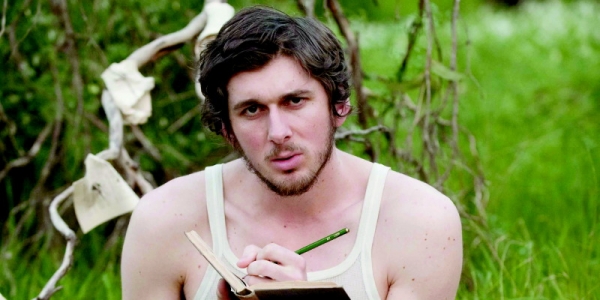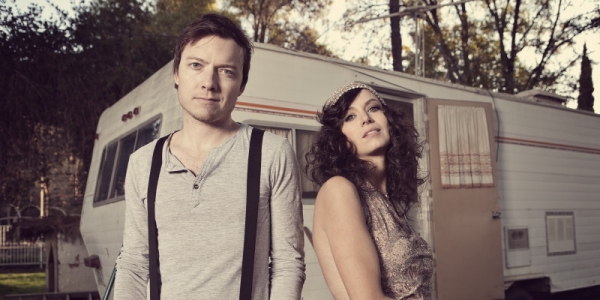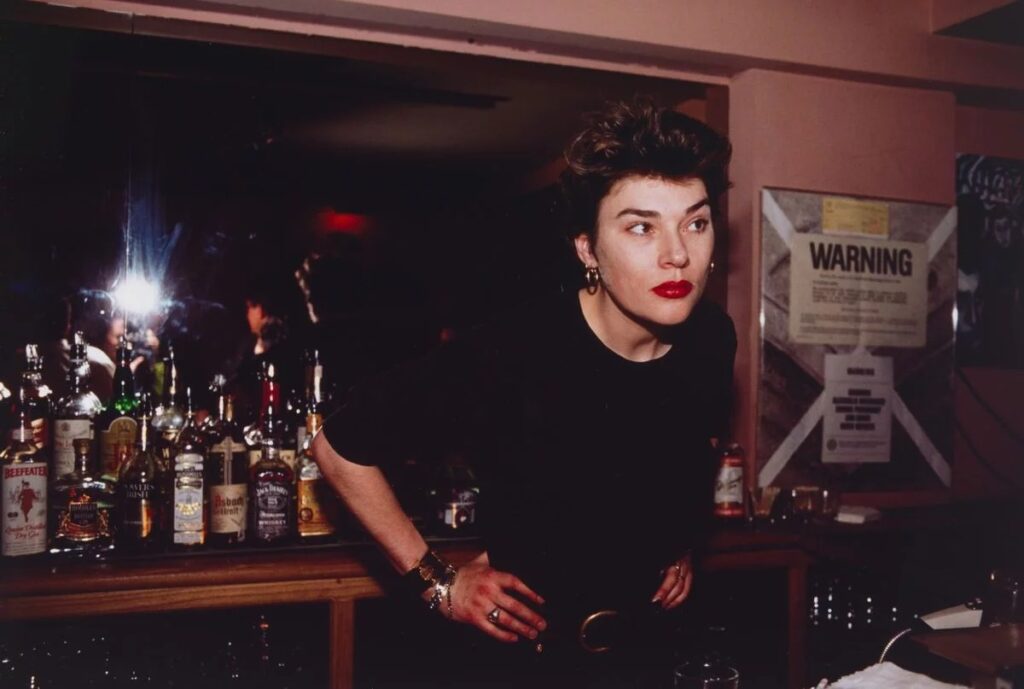“Hamlet is going through a bit of a student crisis when he finds out the Earth revolves around the sun, rather than the other way round,” says Brett Luderman, who plays Hamlet in a precursor to the eponymous play. “He’s kind of dealing with this new revolution of his external surroundings, and stuff that he’s always said is not so true, and his notion of belief and whether he believes in things or not.”
Though entirely fictional, the humorous play recognises the hypothetical influence these historical heavyweights would have had on a malleable Hamlet if they indeed attended the German University at the same time – including the struggle between their opposing views. “The two doctors or lecturers at his university who have taken Hamlet under their wing are so contrary. One of them is a theologian, so he’s all about God and Christianity, and the other one is about philosophy and science and the mind, and they both have an influence on Hamlet being torn and unable to make decisions because he’s always been between the two minds,” says Luderman.
And here, the stage is set for a chaotic ideological conflict that Hamlet, the student, is in the centre of. In historical terms, Luther, who’s the head lecturer at the university, is known his controversial stance against fiscally-absolved sins. “Martin Luther is one of the priests dealing with the realisation that the church is actually corrupt and he doesn’t want to go against the bible, but he has to go against the church. But he has to make a whole lot of enemies to do the right thing.
“Basically people were paying to have their sins resolved and that money was then going towards the greediness of the church, so Martin Luther was the guy trying to put a stop to that – you can’t pay for your sins to be absolved.”
And the fictional Doctor Faustus is an Elizabethan character, who despite his intelligence, sold his soul to the devil for unrequited love. “Faustus traded his soul to the Devil for, well, anything, so that’s all about him exploring the notion of wanting things, and having things, and he’s got a love interest that he’s chasing but she doesn’t want him.”
These strong personalities illustrate how religion and philosophical absolutes are often in opposition. “The writer’s kind of sitting on the fence a bit which is good, he’s not one way or the other, I don’t think. I guess in one way it’s saying the two things can’t be in the same room together, philosophy and religion. You have to make choices and you have to take action, you can’t sit around and hope it will all resolve itself. You can’t agree with everyone.”
But dramaturges need not despair a jarring juxtaposition. According to Luderman the original Hamlet and this precursor are hopefully believable. “It’s a pretty seamless line between the two. His father passes away [at the beginning of Hamlet] and that’s what leads him back to Denmark which is how it starts, whereas in this play his dad’s still well and good and everything’s fine back home, so to be honest the only real change is his father’s death between the two.”
Luderman’s previous experience hadn’t necessarily prepared him for this season, including The Laramie Project and Aliens which also ran at Red Stitch. “It’s probably a little bit different to what I’ve done before,” he says. “One of them was a documentary play and one of them was a naturalistic play, that was my comfort zone and this is really quite challenging, but also it’s very text-driven.”
Part of the challenge is acquainting himself with the language of Shakespeare, as Hamlet’s character only speaks Elizabethan. “It’s kind of weird going down the Shakespearean direction and that’s been challenging but really rewarding. The whole thing is just sort of falling in love with language again, playing with that and making it your own but it it’s different preparation wise. A lot of it’s been hard work and the other half’s been trusting the director.”
When he began rehearsals for the play he had no comprehension of what the language he was spouting meant. As he’s honed his performance, the meaning has become clearer and he’s begun to enjoy speaking in the dialect. “It’s always hard for the first week because it just looks like words. But as long as you let the director do their job and just get out of the way, I suppose, the poetry of the language just comes out.
“It is really helpful but it’s that thing of carrying the language through to the audience, rather than trying to naturalise it too much or put to much emotion in them, you just need to speak the words and really enjoy them.”
BY BELLA ARNOTT-HOARE







